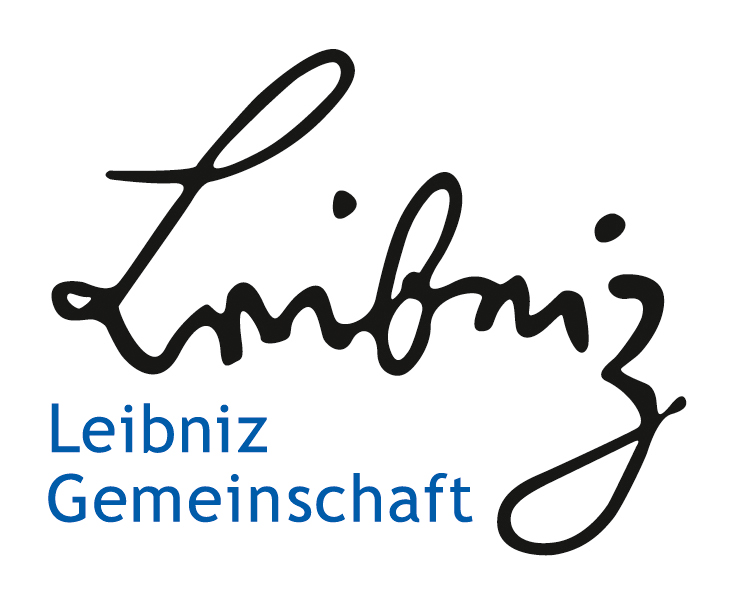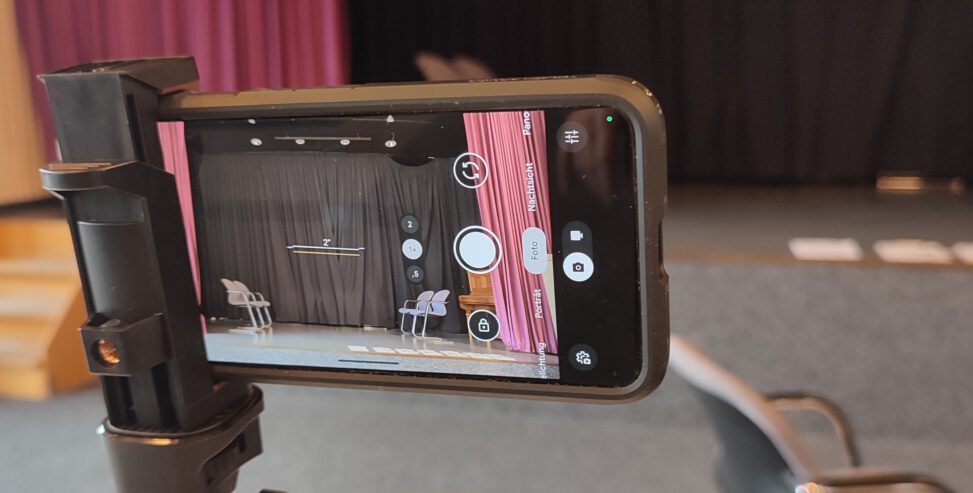Using Improv Theater to Research Regional Identities
Author:
Hostniker, Sabine; Meyer, Frank
Citation:
Hostniker, S.; Meyer, F. (2024): Improvisational Theatre. Using Improv Theater to Research Regional Identities. In: VisQual Methodbox, https://visqual.leibniz-ifl-projekte.de/methodbox/2024/07/11/improvisational-theatre/
Essentials
- Intention: In contemporary research, particularly within human geography and social sciences, innovative methodologies are continually sought to capture the dynamic and performative aspects of identity construction.
- Innovation: One such methodological innovation is the use of improvisational theater (improv) as a research tool. This approach provides a unique platform for individuals to embody and express their perceptions of regional identity, a concept deeply rooted in their everyday experiences and emotional landscapes.
- Aim: The objective of this research is to make regional identification processes visible beyond the limitations of subjective rationalization. The focus is on the affective social mechanisms of everyday life.
- Benefit: An alternative approach to understanding of the complex power dynamics and relationships within regional identities. This method facilitates an in-depth exploration of how individuals perceive and express their connections to place, providing richer and more nuanced insights than traditional research methods.
Description
Improv theater, characterized by its emphasis on spontaneity and unscripted performance, allows participants to tap into personal and collective experiences. This method draws on the implicit knowledge individuals hold about their regional backgrounds, which surfaces during spontaneous enactments. By focusing on the performative aspects of identity, researchers can gain insights into the subjective experiences and meanings attached to one’s sense of place.
This methodological approach in geography was pioneered in Sabine Hostniker’s research on regional identification processes in Austria. It arose from the need to better understand the dynamic and performative nature of identity construction in peripheralized socioeconomic contexts. Improv theater, with its emphasis on spontaneous and unscripted performance, offers a platform for individuals to embody and express their perceptions of regional identity. This methodologically enables a deeper introspection into the subjective experiences and meanings participants attach to their sense of place (Tuan, 2018 [1977]).
The conceptual framework of this research integrates theories of performativity and identity construction. The use of improv theater aligns with the idea that identities are not fixed attributes but are continuously constructed and performed within social contexts (Butler, 1990). This perspective is particularly relevant in the study of regional identities, where individuals actively construct and enact their sense of place through embodied practices and spatial interactions.
The theoretical foundation of using improv theater in research is deeply rooted in the works of prominent scholars in theater and social sciences. Viola Spolin’s pioneering work on improvisational games for actor training laid the groundwork for understanding the dynamics of spontaneous performance (Spolin, 1983). Keith Johnstone further developed these principles, emphasizing the importance of improvisation in creating engaging and authentic theatrical experiences (Johnstone, 2018 [1979]). Here we want to show our vision for practical implementation, which is inspired by Wrentschur’s participatory research framework (2019, 2021), Kurt’s work on improvisation in youth contexts (2010), and Johnstone’s theater sports (2018) together with Hostniker’s experience and our learnings from preliminary method tests.
Procedure and requirements
Implementing improv theater as a research method requires careful consideration of practical aspects, such as participant selection, workshop structure, and data documentation. In order to employ improv as a method, a team of at least two researchers should have the following resources at hand:
- An experienced improv trainer or a person experienced with facilitating in theater settings to lead the process
- A group of at least eight individuals willing to participate
- The option to utilise a venue that is familiar to the participants, with the possibility of a second room to separate
- A period of at least six weeks
- A capacity for mindfulness, motivation and empathy
- Prepared feedback sheets
- Flipchart, chairs, camera, and a moderation kit
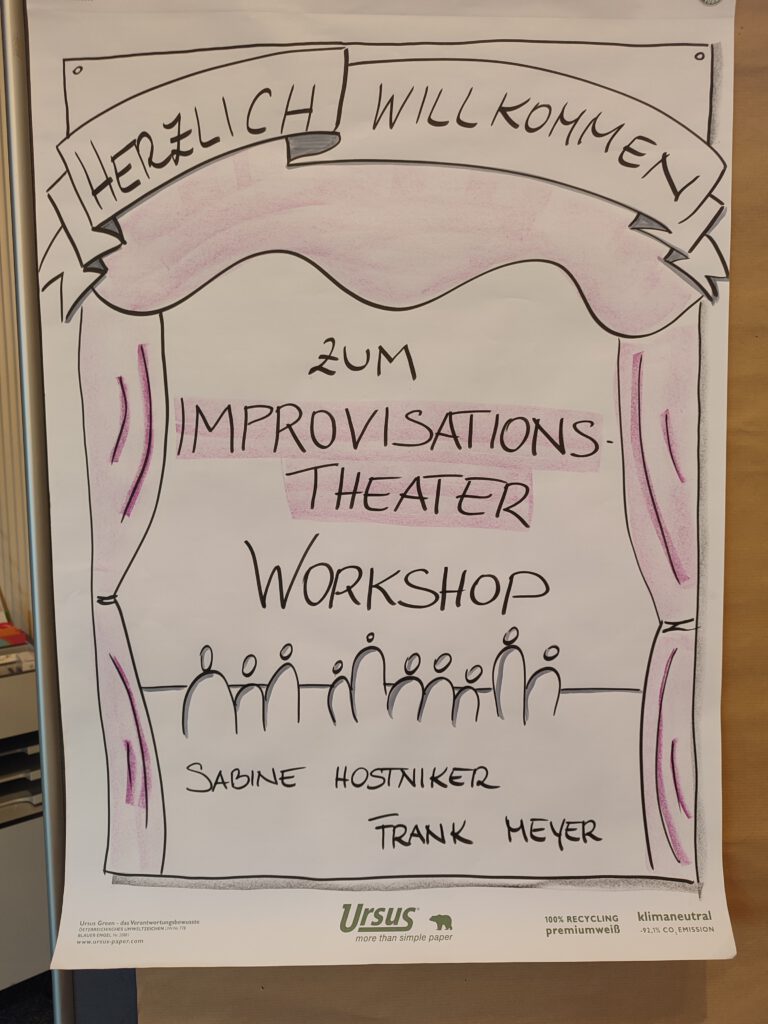
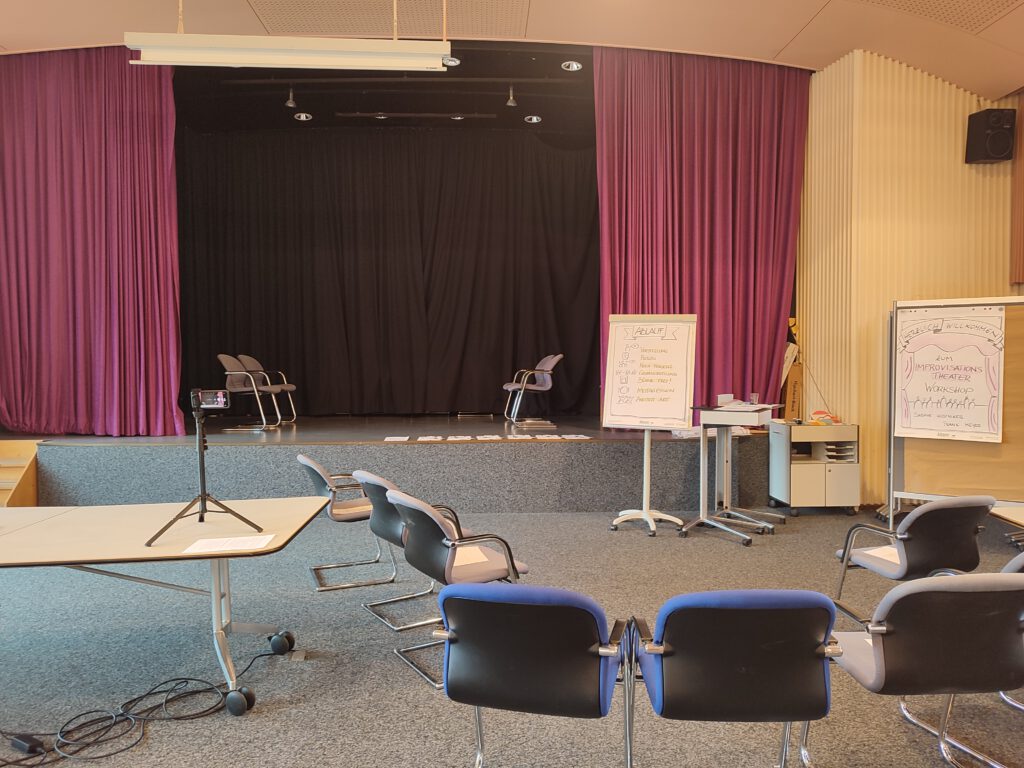
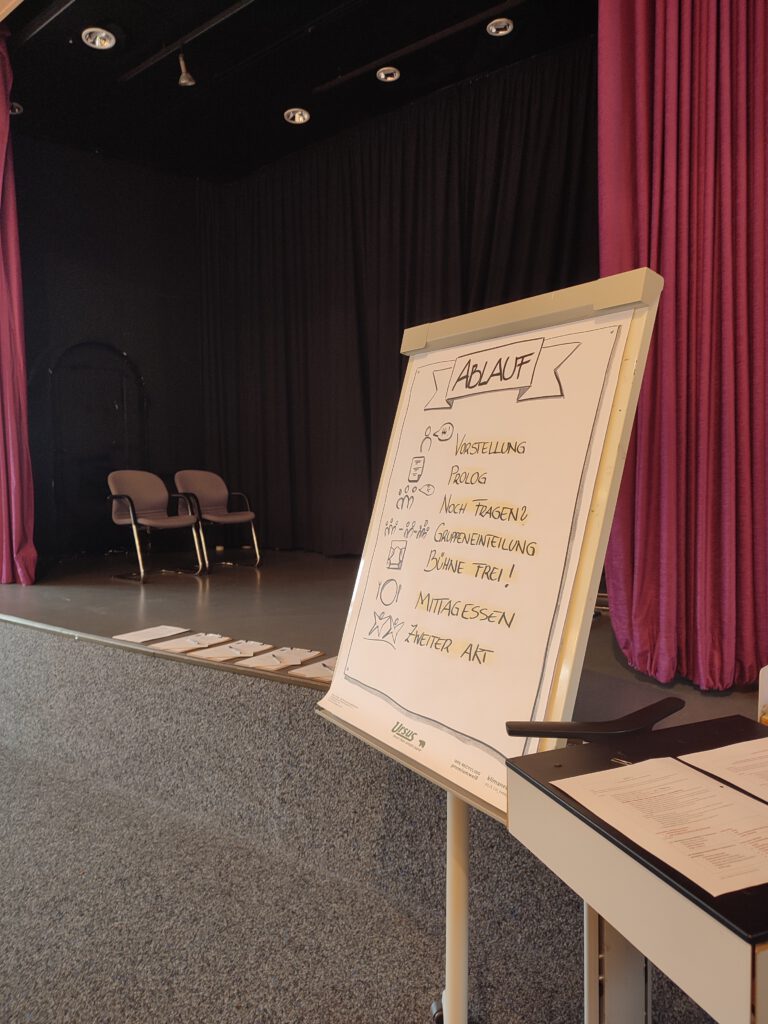
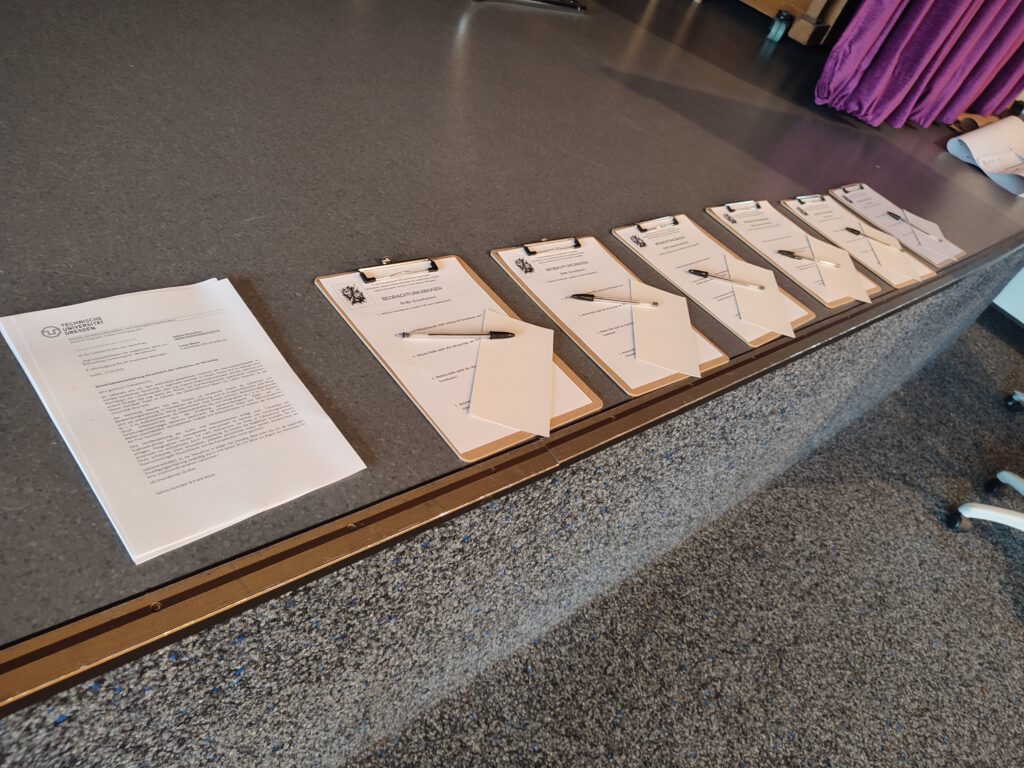
Collaboration with local schools or theater groups can provide a supportive setting for improv performances, while clear guidelines and ongoing support are essential for maintaining participant engagement and ensuring the quality of data collected. The practical application of improv theater in research involves several key steps:
- Participant Recruitment and Preparation:
Participants are typically recruited from local schools or existing theater groups. The research cycle starts with an introductory workshop lasting one or two days (four to six hours per workshop). The introductory workshop is conducted to familiarize them with the goals and procedures of the research, as well as the basics of improv theater. - Workshop Structure:
Workshops are regularly (weekly) offered over at least six weeks. Each session includes warm-up exercises, improvisational performances, and reflective discussions. Participants can be divided into groups of improvisers and observers to ensure a balanced and supportive environment. The performances are not presented to the public. - Data Collection:
Documentation during the workshops takes various forms, including photos, videos, transcripts, and participant vignettes. Additional interviews and group discussions may also be conducted to supplement the data collected through improv performances. - Ethical Considerations:
Given the spontaneous nature of improv, ensuring informed consent and safeguarding participant confidentiality is paramount. Participants are briefed on the goals and potential outcomes of the research, and their right to withdraw from the study at any point is emphasized.
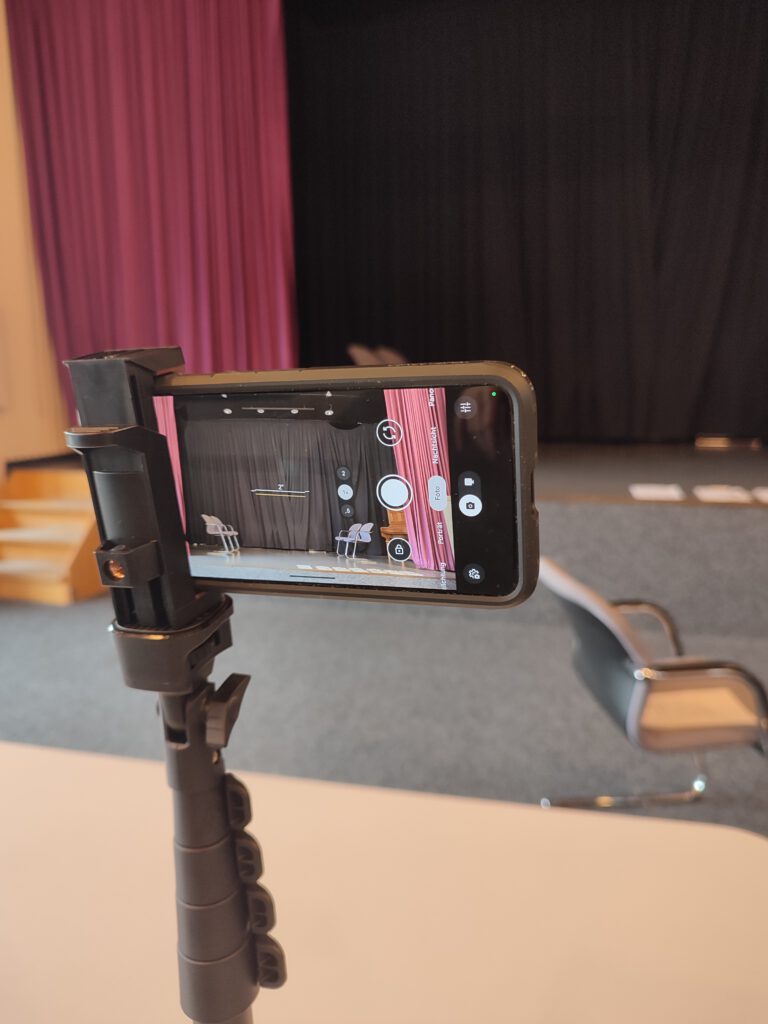
Results and Discussion
Initial findings from using improv theater in regional identity research highlight several key insights: Participants showed high levels of emotional engagement, allowing them to explore their regional identities more deeply. The spontaneous nature of improv enabled the expression of feelings and experiences often missed in traditional interviews. Improv also revealed shared memories and collective experiences, emphasizing the communal aspects of regional identity and providing rich data on the region’s social fabric. The physicality of improv uncovered embodied knowledge about regional spaces and identities, with participants’ movements and interactions on stage offering insights into their perceptions and navigation of their environments.
Despite its strengths, the use of improv presented challenges. The spontaneous nature of performances required careful planning to maintain methodological rigor, and some participants initially felt uncomfortable with the lack of structure, highlighting the need for gradual acclimatization to improv techniques.
Understanding status dynamics within improv scenes helps researchers analyze social hierarchies and power relationships among participants. Subtle shifts in behavior and speech patterns during performances can reveal underlying social structures and individual positioning within the community. Effective use of physical space in improv performances offers insights into how participants perceive and interact with their environment. Strategic movements and spatial awareness enhance the realism of scenes and provide a deeper understanding of spatial dynamics in regional contexts. Techniques to manage psychological barriers, such as the “Yes, and…” principle, encourage participants to embrace and build upon each other’s ideas, fostering a supportive environment that can facilitate deeper exploration of sensitive topics and personal experiences.
In the future the methodological framework of improv theater in social science research will be refined. This includes developing standardized criteria for assessing the quality and validity of data collected through improv, exploring the potential of improv in diverse cultural and geographical contexts, and examining the long-term impacts of participating in improv-based research on individuals and communities.
References
Butler, J. (1990). Gender Trouble: Feminism and the Subversion of Identity. Routledge.
Johnstone, Keith (2018 [1979]). Improvisation und Theater (14th ed.). Berlin: Alexander.
Kurt, Ronald (2010). Improvisationstheater als transdisziplinäre Methode der Jugendforschung. In Christine Riegel; Albert Scherr & Barbara Stauber (Eds.), Transdisziplinäre Jugendforschung (pp.215-232). Wiesbaden: VS Verlag für Sozialwissenschaften / Springer Fachmedien Wiesbaden GmbH, https://doi.org/10.1007/978-3-531-92587-5_11
Spolin, Viola (1963). Improvisation for the theater. Evanston, IL: Northwestern University Press.
Tuan, Yi-Fu (2018 [1977]). Space and place. The perspective of experience. Minneapolis: University of Minnesota Press.
Wrentschur, Michael (2019). Forumtheater als Werkzeug szenisch-partizipativer Forschung in der Sozialen Arbeit. Verfahrensweisen, Projektbeispiele und methodische Reflexionen. Österreich Zeitschrift für Soziologie, 44(Suppl 3), 83-102, https://doi.org/10.1007/s11614-019-00367-y
Wrentschur, Michael (2021). Forum theatre and participatory (action) research in social work: methodological reflections on case studies regarding poverty and social in-equity. Educational Action Research, 29(4), 636-655, https://doi.org/10.1080/09650792.2021.1916552

